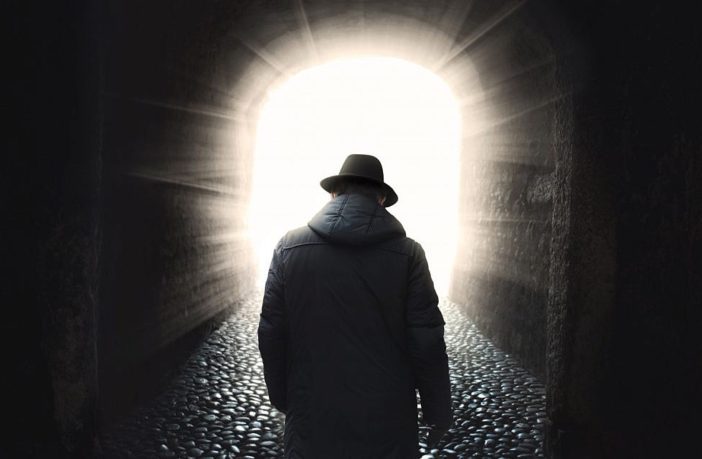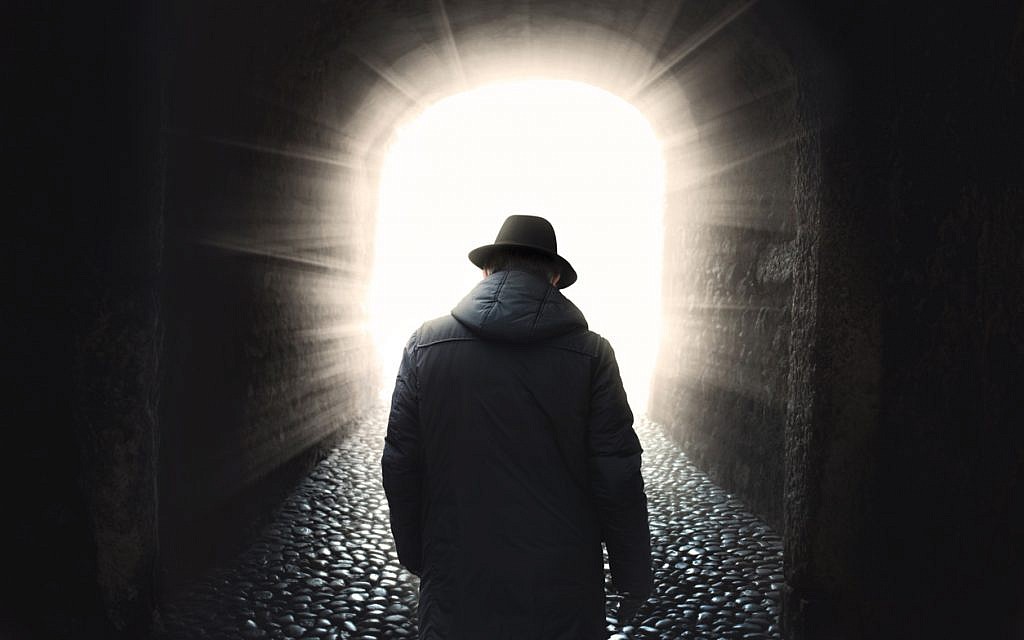Merinews
In theory, all 195 states adhere to the Charter of the United Nations and therefore pledge “to establish conditions under which justice and respect for the obligations arising from treaties and other sources of international law can be maintained”.
In other words, to play the game and adhere to basic governmental principles. That’s in theory: in practice, a handful of states in the world behave like mafias, and get away with it.
President George W Bush first used the terms “failed states” or “rogue states”, during his office. Rogue states seem more adapted because, if they are failed states in the sense that they do not carry out their mission, they are not failed for everyone. Afghanistan is, still today, one of the most prominent examples of how to get personally rich by pretending to represent people.
In the wake of the NATO intervention in Afghanistan, billions of dollars were poured into the country in reconstruction efforts, based on the belief that if the population was schooled and busy at work, they would be less likely to join rebel ranks. The idea was good, but most of the massive funds were sidetracked to line officials’ pockets and Afghanistan is pretty much in the same shape as it was before the program, if not worse.
Business Insider covered the subject (1): “All districts receive central government budget to cover salaries of front-line forces,” reporter Jessica Purkiss wrote for the Bureau. “In many areas in Afghanistan, some of this budget disappears and the actual number of officers tasked with holding back the Taliban is much lower than the number actually allotted.”
And such rogue states also exist close to the Western sphere of Europe and the US. Almost every single State in Central and South America is at the warning level on the Fragile State Index (2) (the term was brushed up to sound less definitively damning than President Bush’s wording). Hungary was bashed this year, along with the rest of EU low-performers, for dropping sharply in the EU’s good governance ranking, as reported by Nicolaj Nielsen, for the EU observer (3): “Bulgaria scored the worst among EU states with 41, followed by Greece (44), Italy (47), Romania (48), Hungary (48), and Croatia (49).
Dolan faulted the crackdown on civil society and other independent institutions in Croatia and Hungary for their worsening performance. Both governments were also embroiled in scandals last year. In one case, Hungary’s government allegedly funneled money from the Central Bank to friends and family.” Prime Minister Viktor Orbán learned from the report (4) that “Hungary loses 200 billion forints every year due to the corruption that exists in public procurement cases.”
Not to forget that States are not all mutually recognized and accepted, some of them are self-proclaimed. While some do indeed strive to carry out their stated mission and serve the people they claim to represent, some other are merely mafia groups with a political cover, which deal in various traffics and racketeering. Bordering Morocco, Algeria and Mauritania, lies Western Sahara, where a group named the Polisario Front announced to the world that it was the shield of the Sahrawi people, who originate from the arid strip of land, with the stated intent of creating a sovereign state.
But that must be put into perspective with the endless list of allegations and accusations carried against it, regarding the Polisario’s management of refugee camps in Algeria for example. The self-proclaimed government of the Sahrawi – namely the SADR (Sahrawi Arab Democratic Republic) – is known for keeping the refugees captive in the camps, or keeping family members as hostage to guarantee men’s returns, maintaining a general state of violence and lawlessness within the compound.
In addition, the European Anti-Fraud Office (OLAF) has serious doubts (5) as to what becomes of the humanitarian aid it sends. It suspects not only the food to be sidetracked and sold on the black market, but also to be requested in excessive numbers – the Polisario front claims it holds up to 200 000 refugees but has systematically refused census, leading humanitarian donors to believe the figures are doubtful.
Can this be avoided? Hardly, at the general level. Pablo Escobar coined the phrase which underlies the entire system : Plata o plomo (silver or lead). Officials could be paid off to keep silent and play along, or be shot. Therefore, it is in the nature of corruption systems to maintain themselves because, should a “pure” official arise, he will be removed and replaced by a more complacent one.
Mafia states use the cover of darkness or, better still, a politically activist stance. The Colombian FARCs – Polisario’s allies, incidentally… – and the Medellin Cartel, run by Pablo Escobar, had an intense PR activity with many “social and humanitarian” poses, to help improve their public image and stymie political push-backs.
The Polisario Front has moved much of its assaults to the judicial level, in a new form of “civilized” piracy, including with the surprise attempt to seize a Moroccan shipload earlier this year in South Africa. “The conclusion of this case will actually tell us whether it is now conceivable, on the judiciary level, that international shipping industry – which carries 90% of global trade – become hostage to some form of unprecedented and increasingly vicious political piracy,” wrote Philippe Delebecque (6), a French judge specializing in maritime affairs.
Mafia states are here to stay, because the mafia creates the state, and not the other way around. Once the mafia has developed its tentacles and political power enough, it will make kings and topple uncooperative administrators. Other states in the world are fully aware of this fact, and that if they bust a mafia-state, another will replace it within weeks. So, in the best cases, neighbouring countries let it be; in the worst cases, they get involved in the graft.








